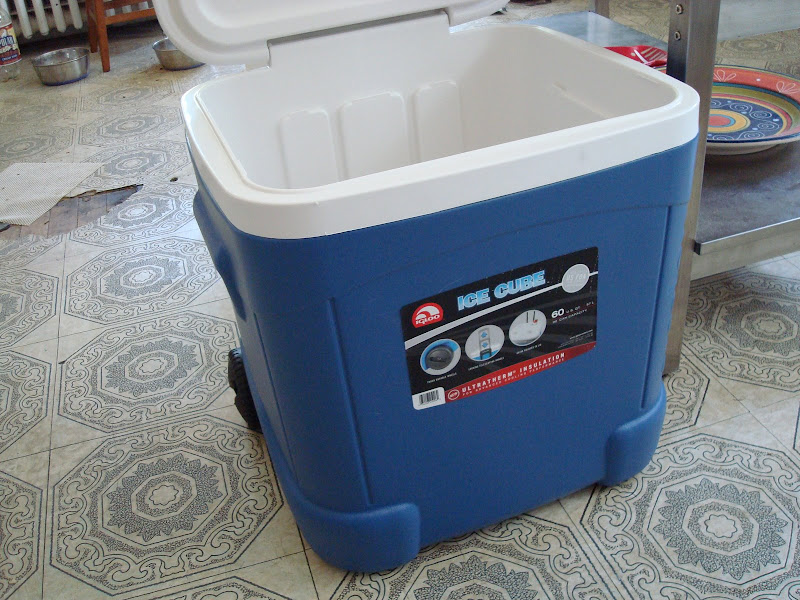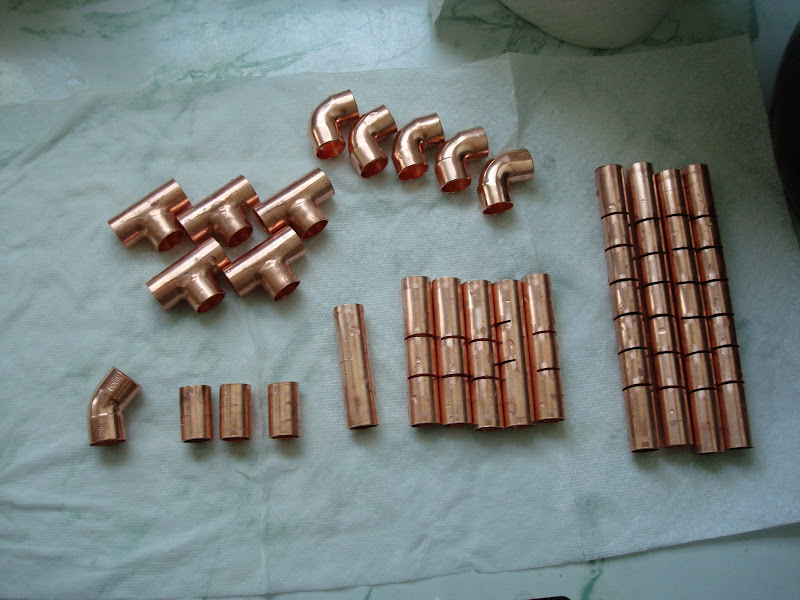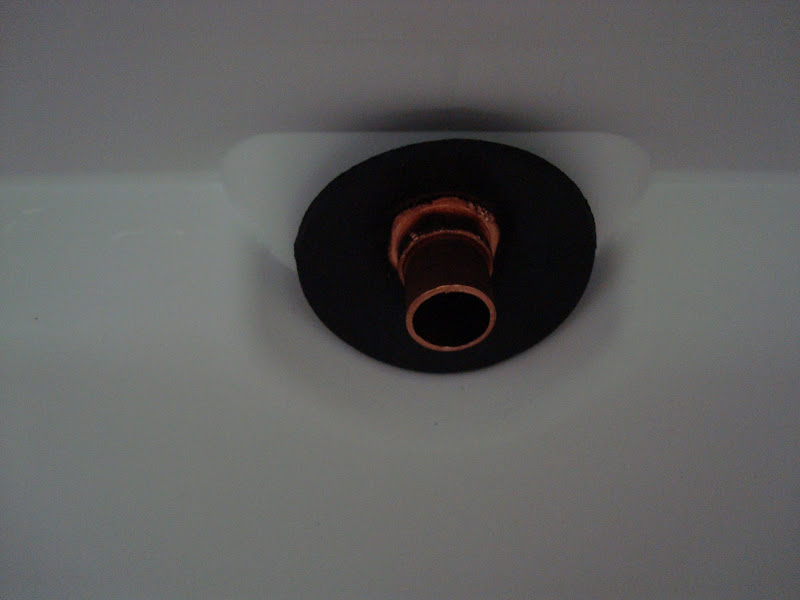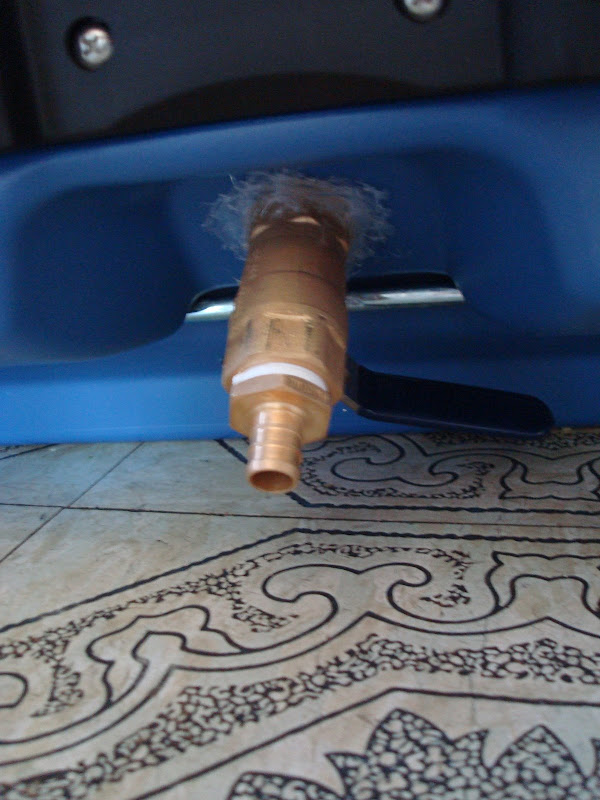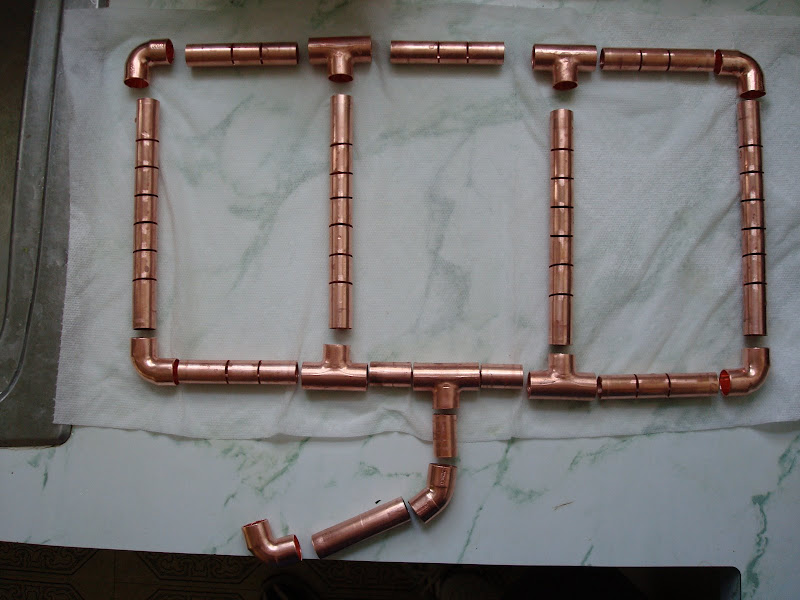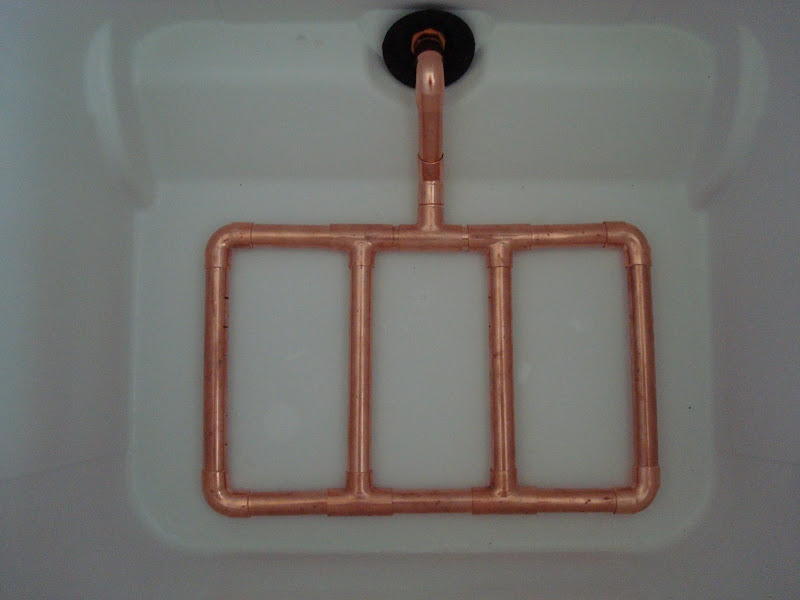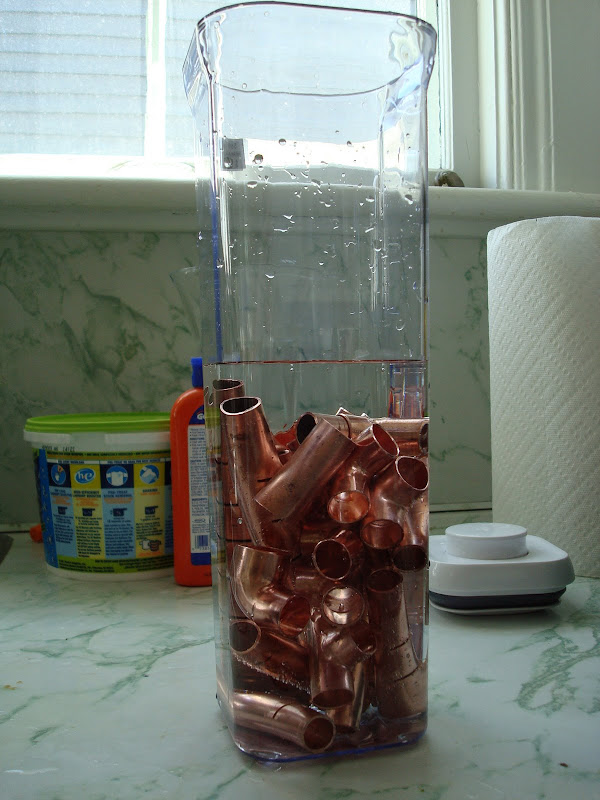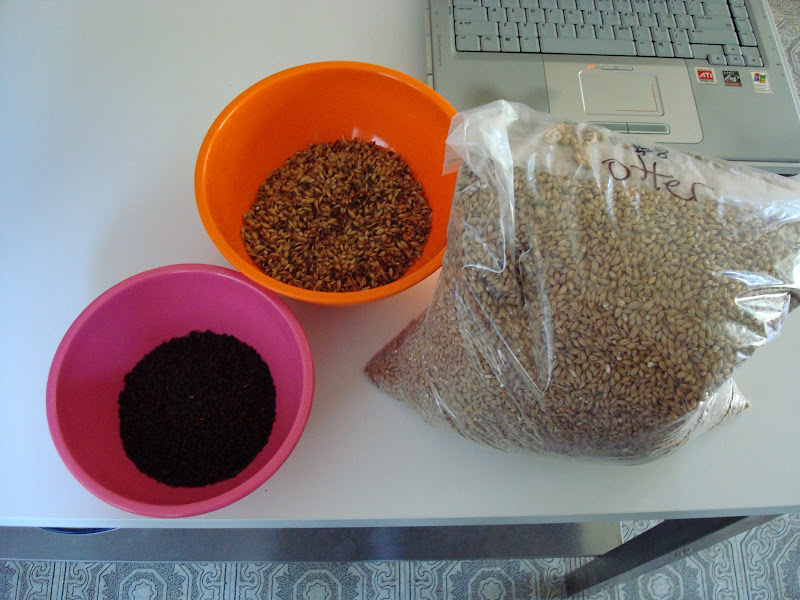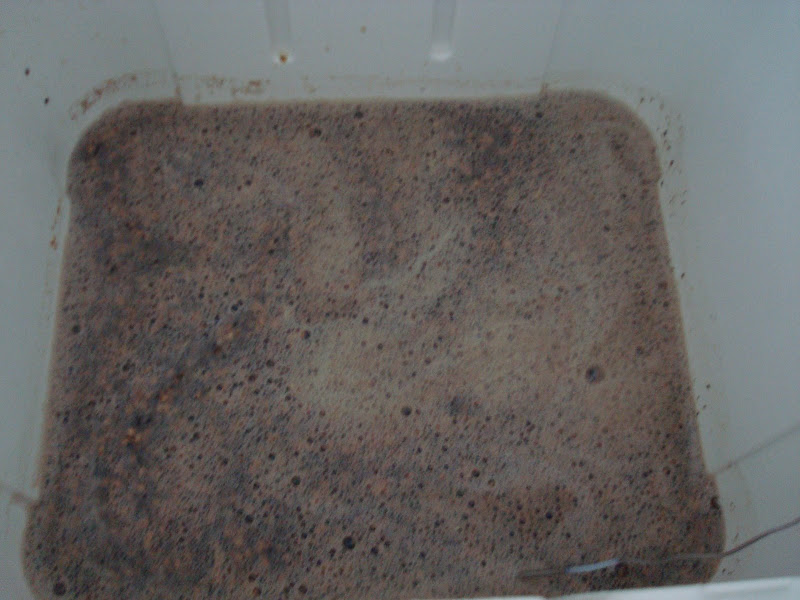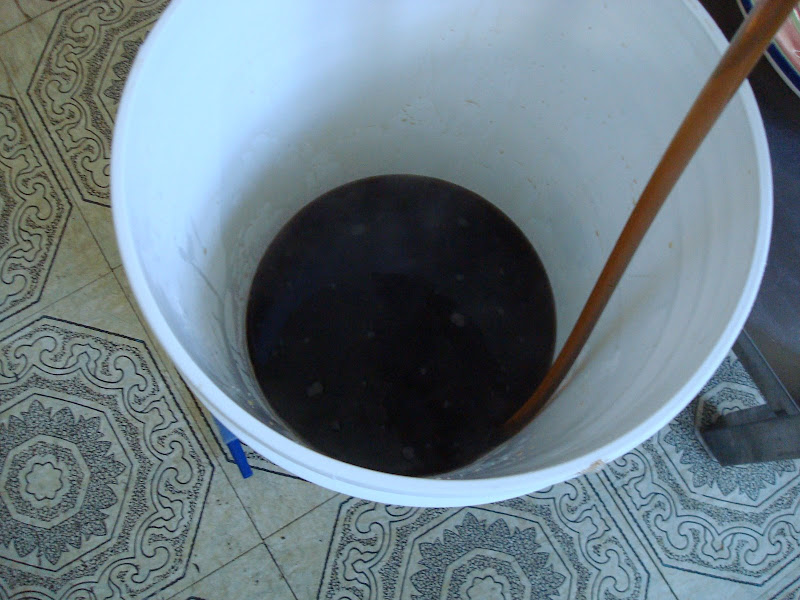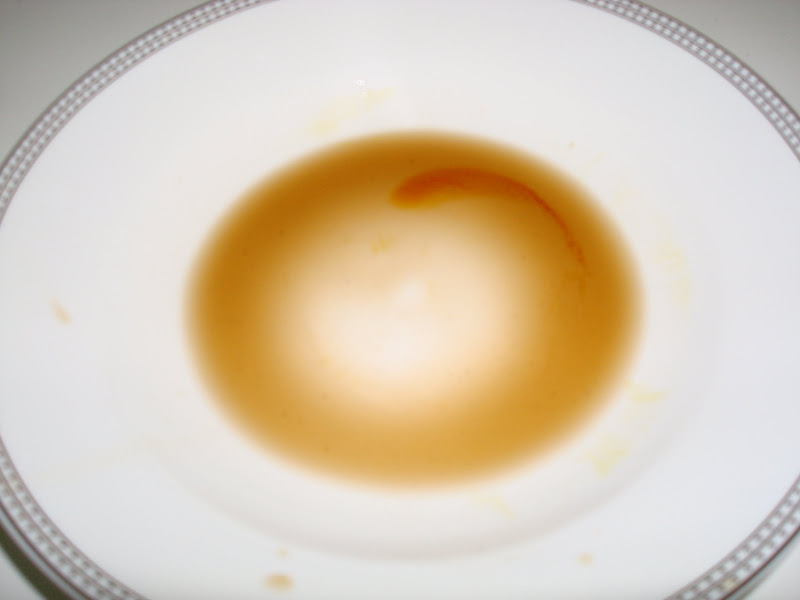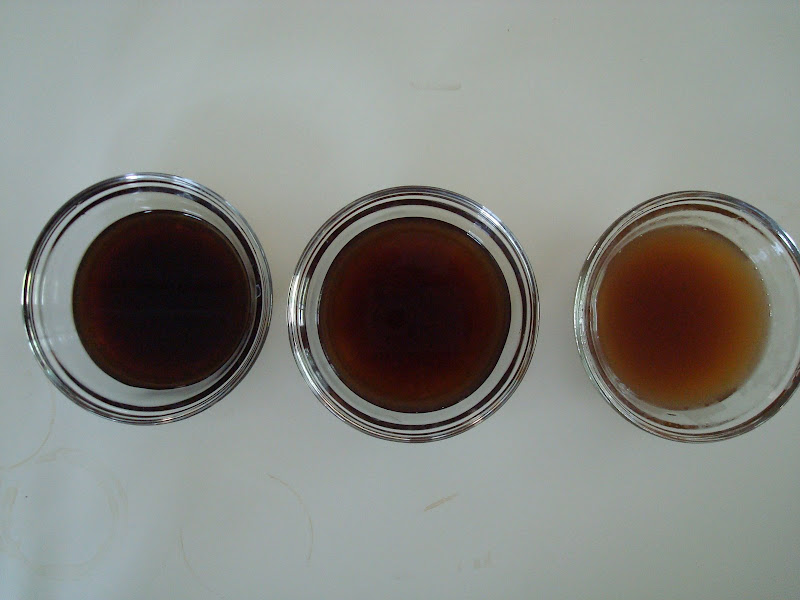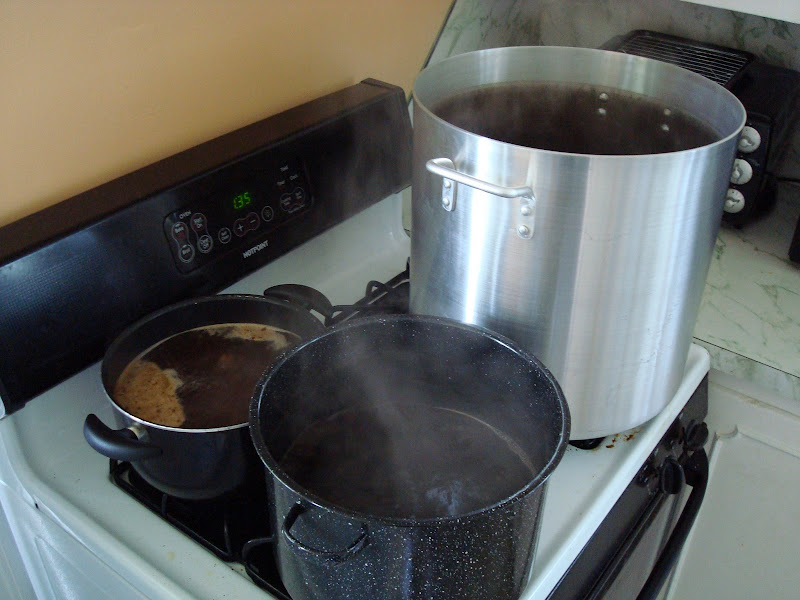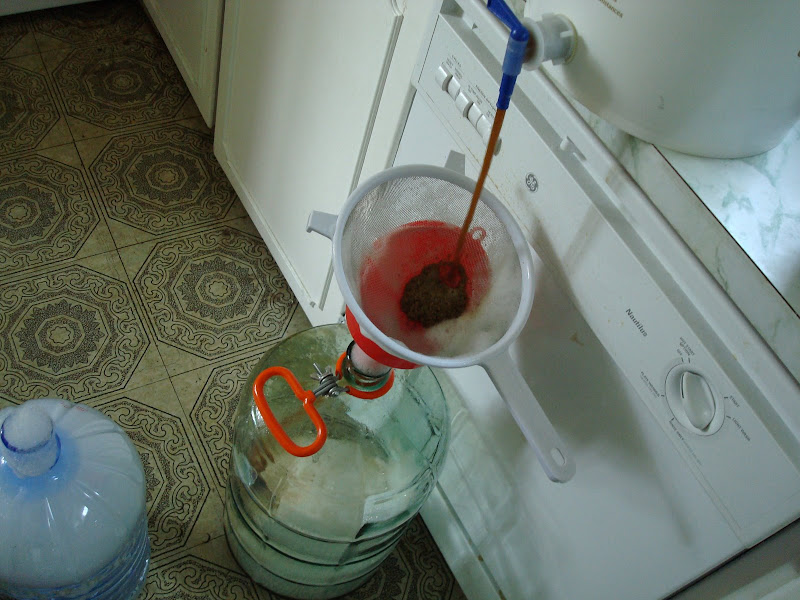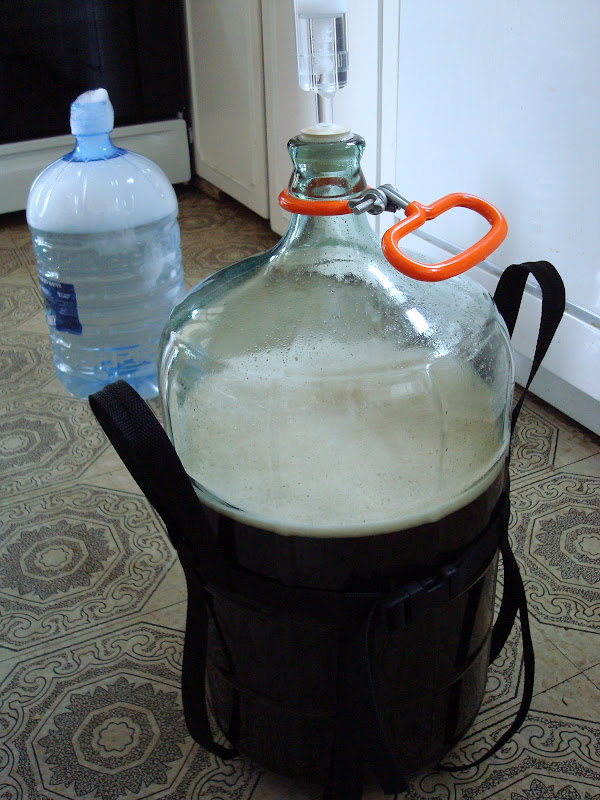Hegh
Well-Known Member
I'm going to brew my first AG on Friday (picking up the ingredients tomorrow evening). I've come up with a recipe based on https://www.homebrewtalk.com/f12/100-shilling-scotch-ale-2050/ but lighter. I just wanted a quick sanity check that this looks appropriate, doable, and tasty:
Batch size: 5.5 gal
Grains:
7.50 lbs Maris Otter
0.50 lb CaraVienne
0.25 lb Roasted Barley
mash at 152* for about 1 hour, 1.25 qts/lb
Hops:
1.0 oz Fuggles @ 60 minutes
0.5 oz Kent Goldings @ 15 minutes
Yeast:
11g Nottingham dry yeast
Extra ingredients:
1/2 campden tablet
2 tbsp 5.2 pH stabilizer (if the LHBS sells it)
1 tsp Irish Moss @ 15 minutes
Expected results:
OG: 1.039
FG: 1.010
Bitterness: 18 IBU
Color: 14* SRM
ABV: 3.8%
ABW: 3.0%
I wasn't really sure about the proper mash temperature, but 152* seems to be the middle-of-the-road choice. I might go 1-2 degrees higher so it'll have more body (did I get that right?).
Thanks in advance!
Batch size: 5.5 gal
Grains:
7.50 lbs Maris Otter
0.50 lb CaraVienne
0.25 lb Roasted Barley
mash at 152* for about 1 hour, 1.25 qts/lb
Hops:
1.0 oz Fuggles @ 60 minutes
0.5 oz Kent Goldings @ 15 minutes
Yeast:
11g Nottingham dry yeast
Extra ingredients:
1/2 campden tablet
2 tbsp 5.2 pH stabilizer (if the LHBS sells it)
1 tsp Irish Moss @ 15 minutes
Expected results:
OG: 1.039
FG: 1.010
Bitterness: 18 IBU
Color: 14* SRM
ABV: 3.8%
ABW: 3.0%
I wasn't really sure about the proper mash temperature, but 152* seems to be the middle-of-the-road choice. I might go 1-2 degrees higher so it'll have more body (did I get that right?).
Thanks in advance!


 ... nevertheless, if you miss the temp by a bit RDWHAHB. But, I personally would aim for a higher temperature.
... nevertheless, if you miss the temp by a bit RDWHAHB. But, I personally would aim for a higher temperature.

